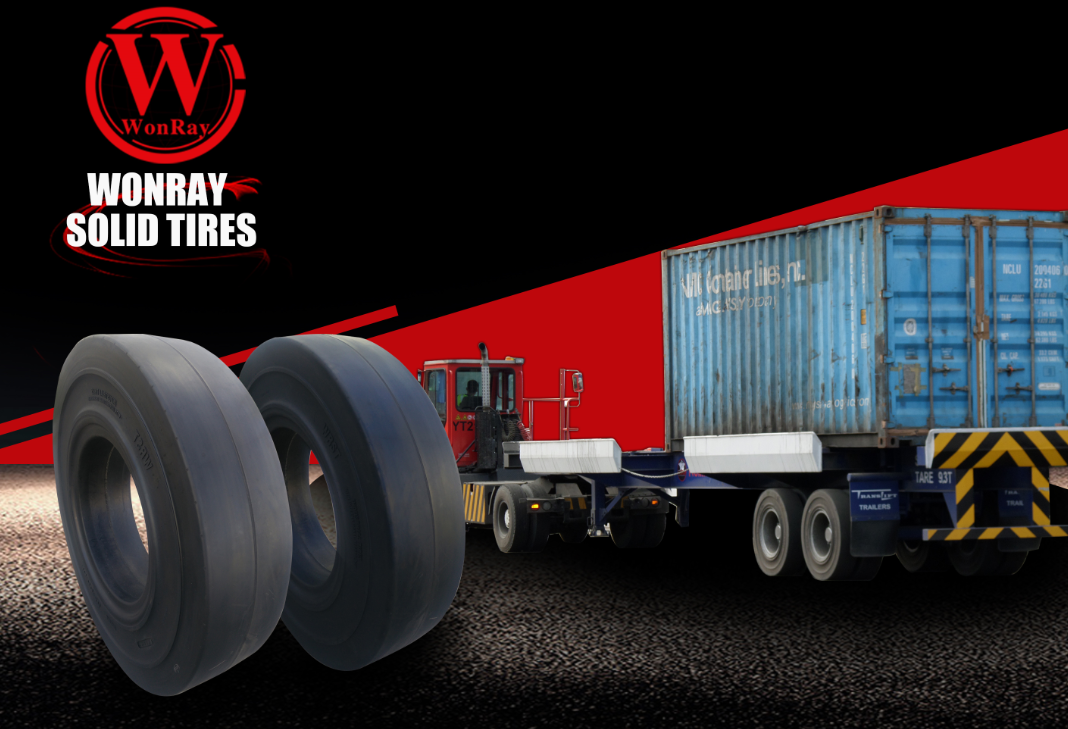A solid wheelbarrow wheel is a crucial component in construction, agriculture, landscaping, warehousing, and industrial material-handling environments. With no risk of puncture and the ability to support continuous heavy-duty usage, solid wheels provide unmatched stability and long-term durability. For B2B buyers, understanding the performance advantages and application value of solid wheelbarrow wheels is essential for improving efficiency and ensuring safer daily operations.
Why Solid Wheelbarrow Wheels Matter in Industrial Workflows
Traditional pneumatic wheels often fail due to punctures, air leaks, or deformation under heavy load. In contrast, solid wheelbarrow wheels are manufactured from dense, high-quality rubber compounds that eliminate air-related issues entirely. Their stable rolling performance and resistance to rough surfaces make them ideal for demanding industrial and construction environments where reliability is critical.
Key Features of Solid Wheelbarrow Wheels
Solid wheelbarrow wheels are engineered to handle frequent movement, heavy loading, and uneven terrain without compromising performance.
Industrial-Strength Performance Characteristics
-
Puncture-proof structure eliminates downtime caused by flat tires
-
High load-bearing capacity suitable for heavy soil, sand, concrete, and raw material transport
-
Durable rubber compound resists wear, cuts, and debris on worksites
-
Shock-absorption properties protect tools and reduce vibration for the operator
Practical Advantages in Industrial and Construction Use
-
Longer lifespan compared to pneumatic wheels with fewer replacements required
-
Stable rolling on construction sites, farmland, factory floors, and gravel pathways
-
Low maintenance requirements, improving work efficiency
-
Consistent performance across varying temperatures and weather conditions
Applications Across Construction, Agriculture, and Industry
Solid wheelbarrow wheels are widely used in concrete mixing operations, construction sites, agricultural plantations, landscaping projects, warehouse transport, and factory workshops. They are especially valuable in environments where sharp objects, uneven terrain, or heavy load cycles are common. Their ability to maintain stability under tough conditions reduces operational interruptions and supports safer, more efficient workflows.
Summary
Solid wheelbarrow wheels provide reliability, durability, and long-lasting performance in demanding work environments. Their puncture-proof design, heavy-load capability, and stable handling make them a preferred choice for construction, agriculture, and industrial operations. By understanding their performance advantages and application scenarios, B2B buyers can improve productivity, reduce downtime, and enhance overall operational safety.
FAQ
Q1: What makes a solid wheelbarrow wheel more durable than a pneumatic one?
A solid wheel eliminates air pressure issues, making it resistant to punctures, deformation, and uneven load stress.
Q2: Can solid wheelbarrow wheels be used on rough or uneven terrain?
Yes. Their dense rubber construction is designed to withstand gravel, rocks, debris, and construction-site surfaces.
Q3: Are solid wheels suitable for year-round outdoor use?
Absolutely. They perform well in hot, cold, and wet environments without cracking or losing shape.
Q4: How do solid wheelbarrow wheels improve work efficiency?
They reduce downtime caused by flat tires, require minimal maintenance, and provide consistent rolling performance under heavy loads
Post time: 19-11-2025

